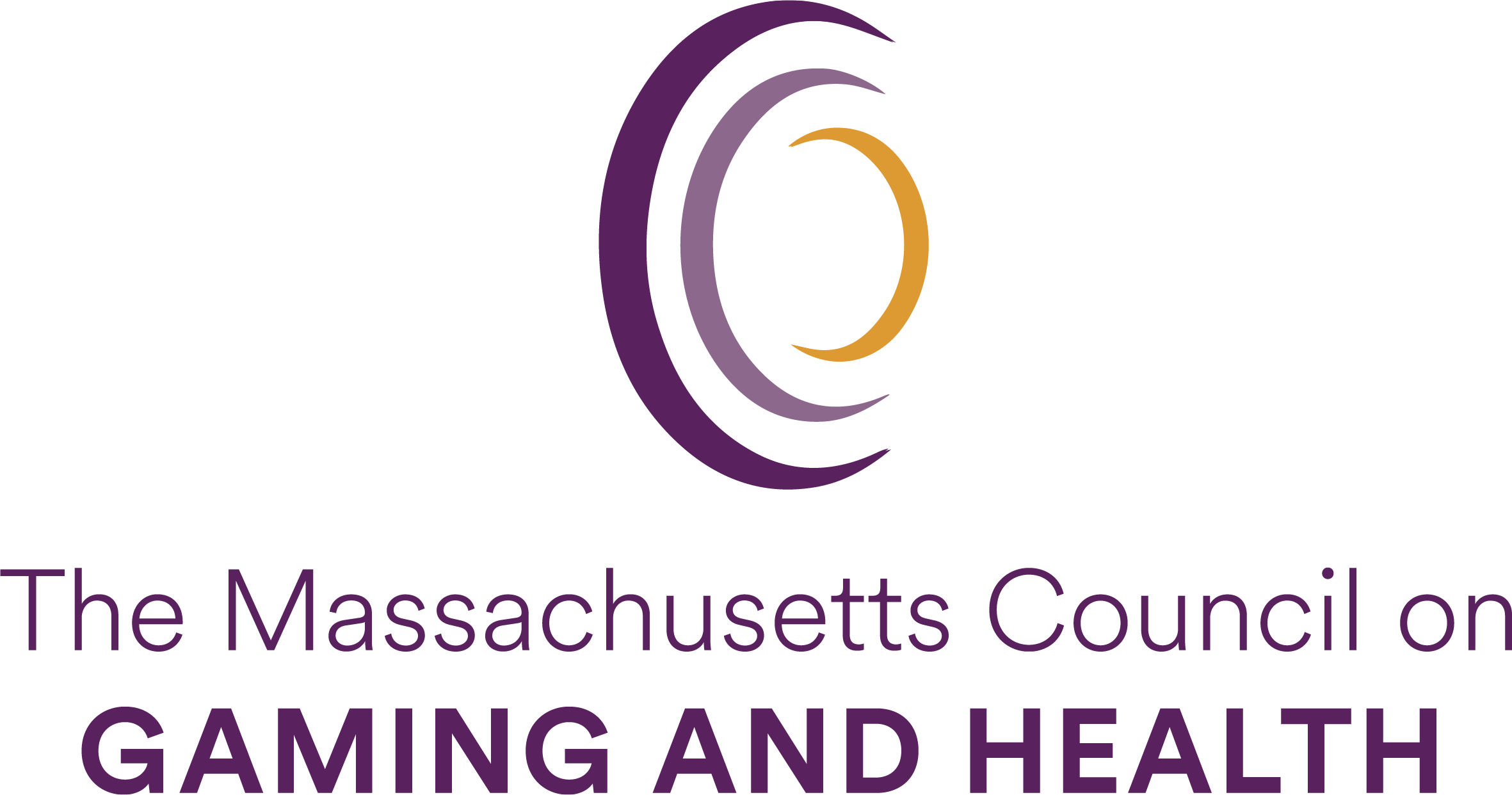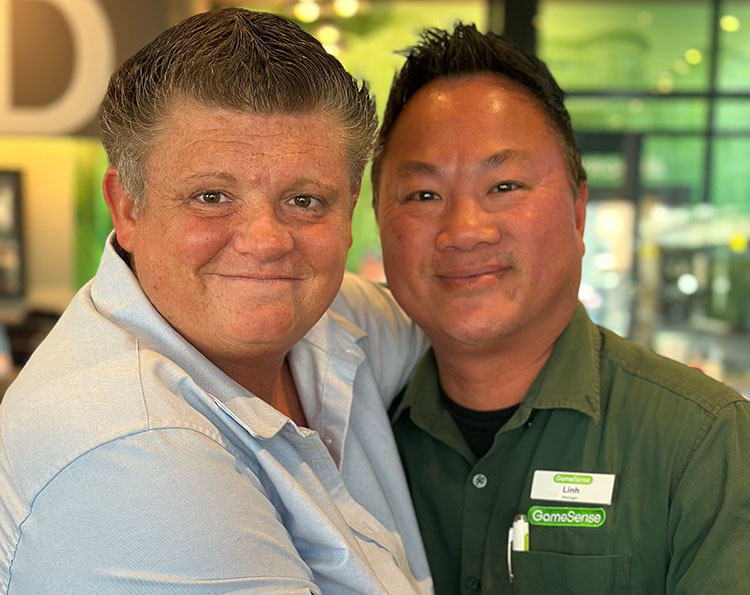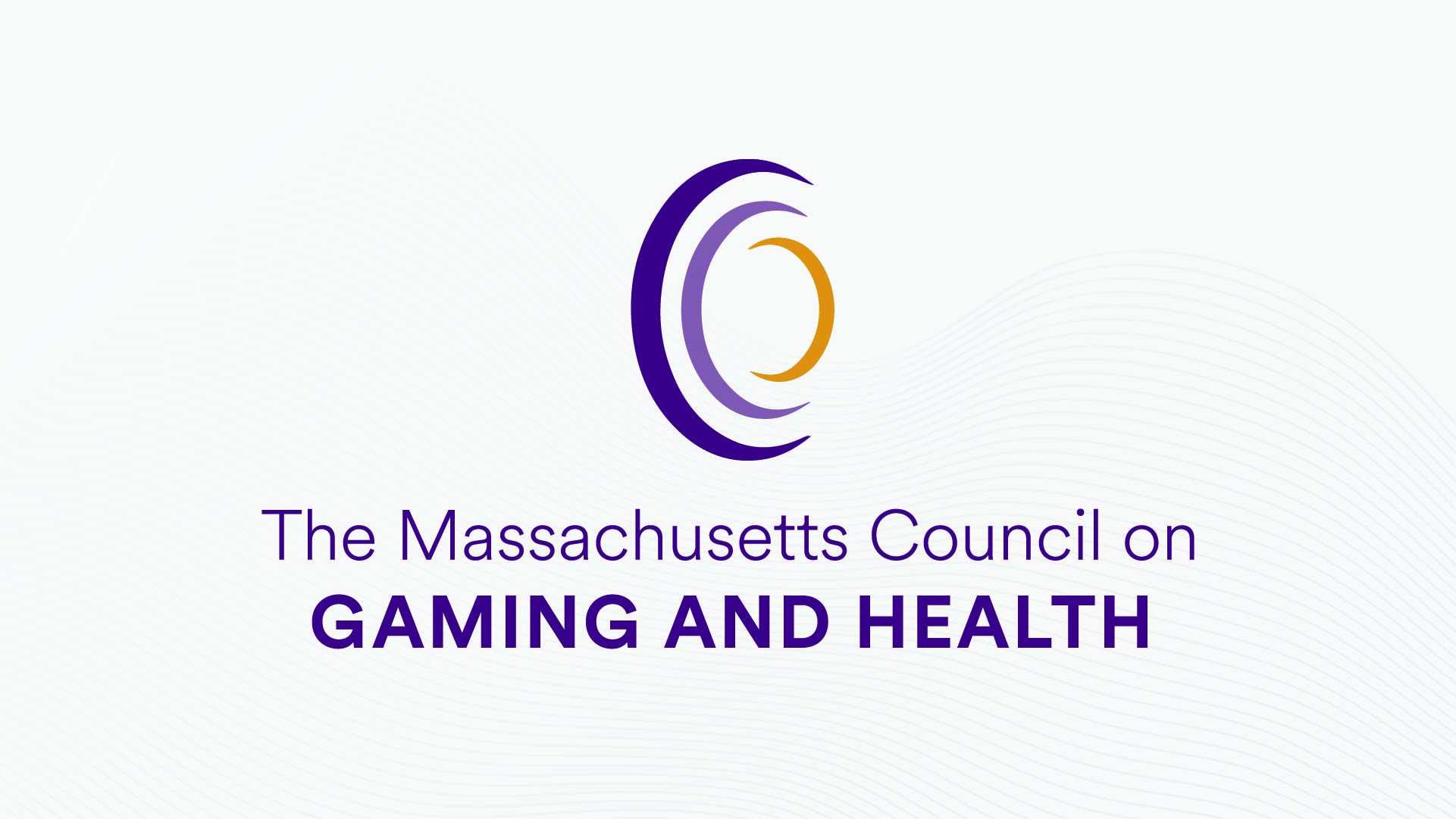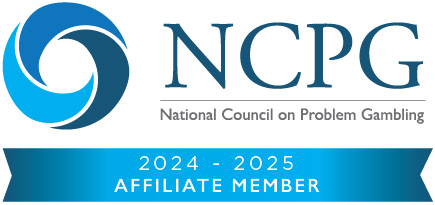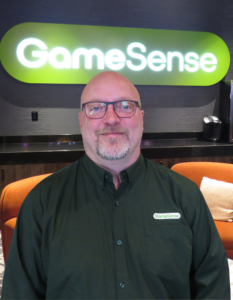
For some casino patrons, Voluntary Self-Exclusions are the real home run.
Knowing our limits is part of maintaining a safe, healthy lifestyle. It’s what naturally encourages our bodies and minds to crave breaks. Whether powering off our laptop after a few hours of work or pausing to stretch when we get a muscle cramp exercising, breaks help us reassess and recharge. Even our favorites on the Sox and Celtics take timeouts to breathe and strategize their next play.
You may not know that you can take breaks from gambling activities, too. With Massachusetts sports betting legalization emerging as a real possibility, more Bay Staters could be at risk for developing a gambling disorder. About two percent of the population has a gambling disorder today. And up to 488,000 adults in Massachusetts are at-risk gamblers, meaning they show an increasing preoccupation with gambling. As Opening Day kicks off this week, these statistics should serve as a vital reminder to policymakers. The passage of sports betting legislation without robust consumer protections such as Voluntary Self-Exclusion (VSE) programs would prove to be a massive oversight and undermine our Commonwealth’s pro-public health reputation.
Gambling can be tough to see or sniff out, literally. Unlike some alcohol or drug use addictions, problem and at-risk gambling can be easily concealed. However, keep a lookout for signs and symptoms. Perhaps you or someone you care about is placing higher bets to try to reach the same adrenaline rushes. Others find themselves driving to the casino or instinctively pulling up a gambling app whenever they are down or stressed. Individuals are increasingly chasing sports betting thrills on flashy apps and websites. So be mindful of more-than-usual screen time. The sheer accessibility of sports betting poses concerns to public health — and a potentially greater need for self-exclusion programs.
Like anything in excess, gambling can wreak havoc on relationships, workplaces, finances, and your wellbeing. As a former competitive hockey player turned gaming services professional, I have seen countless sports bettors jeopardize their careers and families. And in working as a table games dealer for many years, I’ve seen what happens when gambling no longer feels like a game. It isn’t only about the damage to your wallet. Even when they pay off their debts, individuals still have a gambling disorder. A break — sometimes for a year, sometimes for good — might be the best thing to do.
In my current role as a Senior GameSense Advisor, I have a unique opportunity to help patrons create limits around their gambling. Our team staffs info centers at the state casinos, educating patrons on responsible gambling. Conversations can range from understanding the odds in a game of craps to helping folks take a break and enroll in a Voluntary Self-Exclusion program.
By enrolling in VSE, participants voluntarily exclude themselves from the gaming floors of all Massachusetts casinos. Participants can choose how long they would like to exclude. And just like if Xander Bogaerts tried to belt a line drive between innings, any money wagered, lost, or won during VSE enrollment is forfeited and does not count. Like Bogaerts, you also get a coach. Trained staff, including GameSense Advisors like myself, conduct regular check-ins throughout the term and connect you to local resources.
Some patrons have shared that heading to a casino to enroll in a VSE poses too much of a temptation. That’s a valid point, and it’s one of the reasons why we created remote VSE enrollment, which is the first-of-its-kind in the nation. Patrons can still self-exclude in person or through confidential, online platforms. The program has created hundreds of success stories: over 1,000 Bay Staters are enrolled in a VSE. This is solely because Massachusetts lawmakers prioritized public health in crafting the Expanded Gaming Act in 2011.
One of the Boston greats, Pedro Martinez, said, “If you’re healthy, you’re capable of doing everything.” VSEs serve as an innovative, critical resource and keep countless Bay Staters healthy and safe. As such, making sure that these resources are within reach for all should remain paramount in future sports gambling legislation. The health of thousands of Bay Staters — and the health of gaming in Massachusetts — is at stake.
Ken Averill is a Senior GameSense Advisor with the Massachusetts Gaming Commission and The Massachusetts Council on Gaming and Health. He has over 24 years of experience in the gaming industry and previously worked as a table games dealer and operations manager.
For gambling-related questions, chat with a member of the GameSense team 24/7 via LiveChat at MACGH.org by calling the GamLine at 1-800-GAM-1234.
